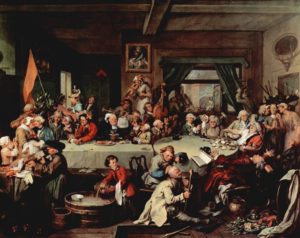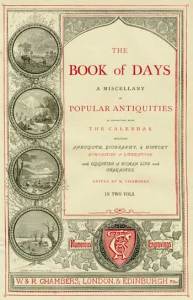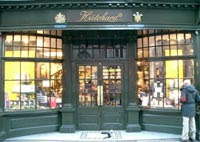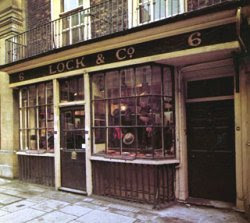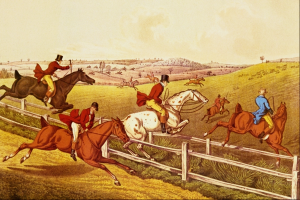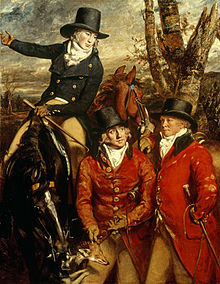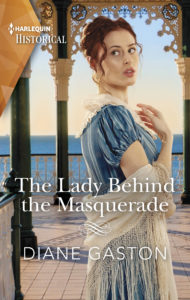 I am thrilled to announce that I have a new release coming this month! The Lady Behind the Masquerade will be released in paperback and ebook on July 25.
I am thrilled to announce that I have a new release coming this month! The Lady Behind the Masquerade will be released in paperback and ebook on July 25.
Here’s the backcover blurb:
The ton’s newest member
Is not all she seems…
Diplomat Marcus Wolfdon can’t forget the alluring woman he met in Paris, the passionate night they shared or that she stole his money and disappeared! A year later, Wolf meets Juliana again in Brighton, seemingly a member of the ton. She begs him to keep their former liaison secret, and the emotion in her eyes compels him to agree. Desire still flares between them, but first Wolf must uncover the lady behind the masquerade.
From Harlequin Historical: Your romantic escape to the past.
The Lady Behind the Masquerade is Book 2 in A Family of Scandals series. Marcus Wolfdon, “Wolf” to his friends and family, is the younger brother of Eliza, now the Marquess of Hale, and heir to their father’s baronetcy. Rather than deal with his parents’ drama, Wolf has dedicated himself to a diplomatic career, lately in Paris, where he has his unforgettable encounter with Juliana. His father’s near-fatal illness brings him back to England where he must face his family obligations–and Juliana, who now is not an alluring French woman, but a lovely lady, cousin to Wolf’s friend’s mother. Never sure precisely what Juliana’s truth is, he cannot resist both loving her and protecting her but never trusting her.
Be on the lookout for the reviews and read and excerpt.
And you can preorder now!

